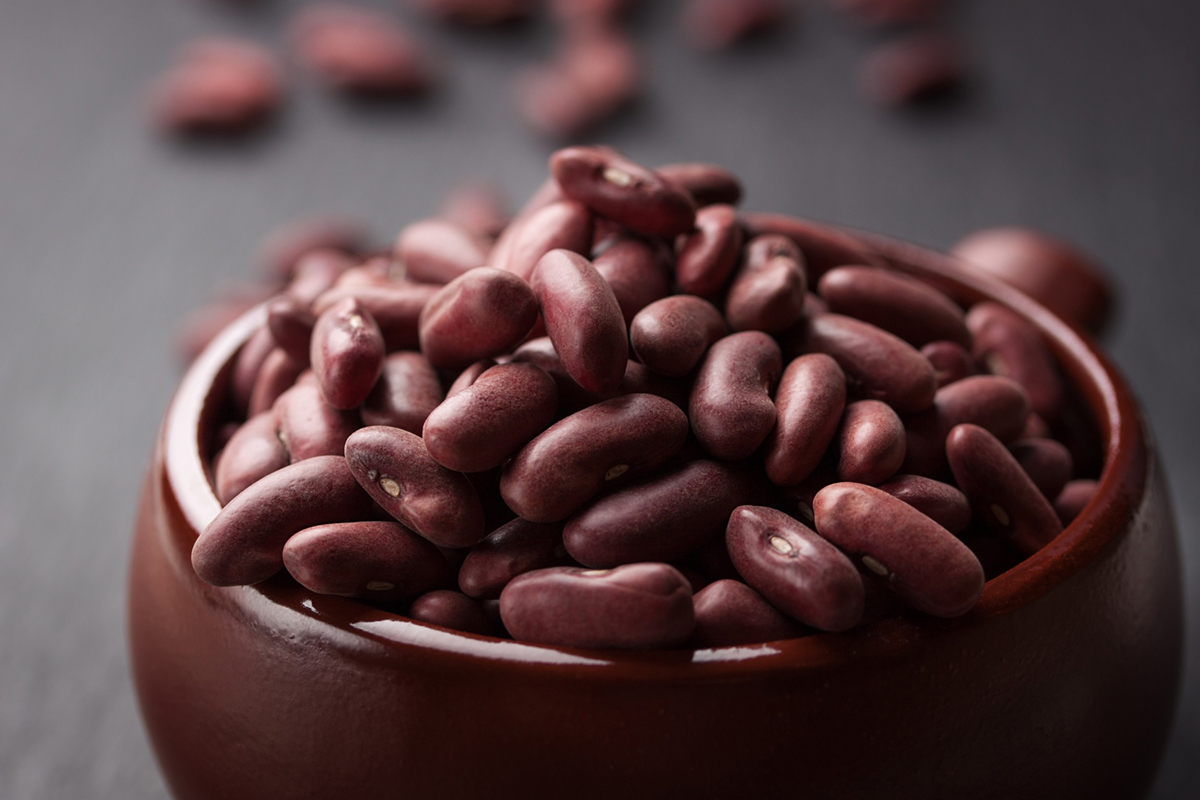Table of Contents
Chronic kidney disease (CKD) is defined as the gradual loss of kidney function over time. The function of the kidneys is to filter waste and excess fluid from the blood which is then excreted in the urine via the bladder. When one's kidney functions start to decrease, then these waste products and excess fluids build up in the body and can result in certain health related problems.

Causes of CKD
The signs and symptoms of CKD can take a long period of time to develop since this condition progresses slowly. Also, since the kidneys compensate for lost function, these signs and symptoms may not develop until irreversible damage has occurred. The signs and symptoms of CKD are also non-specific as they can be caused by other conditions, therefore physicians need to be aware of this.
READ Kidney Pain vs. Back Pain
The signs and symptoms include the following:
- Fatigue.
- Nausea.
- Vomiting.
- Generalized weakness.
- Loss of appetite
- Sleep disturbances.
- Decreased mental alertness.
- Changes in how much an individual urinates.
- Muscle cramps and twitches due to electrolyte disturbances.
- Hypertension (high blood pressure) that's difficult to keep under control.
- Swelling in the feet and ankles.
- Chest pain and shortness of breath due to fluid build-up around the heart and lungs, respectively.
- Persistent itching.
Causes of CKD
Many conditions exist that can affect and worsen kidney function over many months and years and therefore result in CKD and they include the following issues:
- Hypertension.
- Type 1 or type 2 diabetes.
- Polycystic kidney disease.
- Glomerulonephritis, an inflammatory illness of the kidney's filtering units called the glomeruli.
- Prolonged obstruction of the urinary tract due to conditions such as kidney stones, an enlarged prostate and certain cancers.
- Interstitial nephritis, an inflammatory condition of the kidney's tubules and surrounding structures.
- Vesicoureteral reflux, which is a condition that causes urine to flow back up the ureters and into the kidneys.
- Pyelonephritis, which is an infection of the kidney(s).
READ Kidneys Are The Hardest Workers In Your Body
Complications
CKD can affect nearly every part of the body and complications of this condition include the following:
- Anemia due to decreased erythropoietin by the kidneys.
- Sudden hyperkalemia (increased potassium levels) which can be life-threatening as it can affect the heart's electrical impulses.
- Fluid retention which can result in swelling of the limbs, hypertension and pulmonary oedema.
- Damage to the central central nervous system which can result in convulsions, difficulty with concentrating and personality changes.
- Cardiovascular diseases such as pericarditis which is inflammation of the tissue lining the heart (pericardium).
- Decreased immunity which makes an individual more susceptible to infections.
- Weak bones with an increased risk of bone fractures.
- Pregnancy complications that carry risks for the mother and the unborn baby.
- Decreased sex drive, erectile dysfunction or reduced fertility.
- Irreversible damage to your kidneys called end-stage kidney disease.
Management
The management of CKD involves controlling the conditions that have led to the decreased kidney function of the patient. If CKD results in end-stage kidney disease, then the management of this condition would be by starting with peritoneal or haemodialysis, or by getting the patient a kidney transplant.
- www.medicalbrief.co.za/archives/constipation-linked-poor-kidney-health/
- www.mayoclinic.org/diseases-conditions/chronic-kidney-disease/home/ovc-20207456
- Photo courtesy of dirtyboxface: www.flickr.com/photos/dirtyboxface/8801990256/
- Photo courtesy of freepik.com
- Photo courtesy of freepik.com


Your thoughts on this